For centuries, the media has been a medium to spread information and mobilize the public. As technology revolutionizes communication, making information more rapidly available and in demand, the nature of media-political relations has seen a drastic shift, particularly in the 2016 presidential race.
“The media plays a pivotal role in informing voters and holding candidates accountable. At the end of the day, we can disagree on policies but we can’t disagree on the facts — a fundamental truth that is more important than ever,” Congressman and recent Maryland Democratic Senatorial nominee Chris Van Hollen told the Black & White. “In this digital age, with the 24 hour news cycle, the media must not forget its truth-seeking role.”
And that’s where the question comes in: has the media forgotten its role? Does it prioritize ratings and profit over substance?
Stephen Labaton, who wrote for The New York Times for 23 years, is the former chairman of the Reporters Committee for Freedom of the Press and the current U.S. president of Finsbury, a strategic counseling company. He believes that there is a gray area within the motives of news outlets.
“Undoubtedly journalists have a responsibility to dig deeper and not only cover what the candidates say, but whether statements are accurate and policies are realistic,” Labaton said. “Some news organizations have served as little more than bulletin boards for the candidates, while others have dug deeper and unmasked the flaws, inconsistencies and realities of proposals that have been made by Democrats as well as Republicans.”
According to candidates like State Senator and recent Democratic Congressional nominee Jamie Raskin, the media was never really interested in his policies to begin with.
“I tried to interest the media in a number of substantive policy proposals I was advancing during the campaign and I couldn’t get any of them to bite on these stories, but there was a huge story about what my religious identity is,” Raskin said. “It was not part of the campaign, but it was something they thought would sell and be of interest to the people.”
It seems that in this election cycle, the media has strayed from its historical mission. If it’s not reporting on candidates’ policies, then what is it reporting on and why?
Many argue that’s where candidates like Donald Trump come in. His rapidly growing popularity and unconventional style have drawn more media attention (positive and negative) than any other candidate. According to The Atlantic magazine, as of August alone, Donald Trump had received about 300,000 media mentions, nearly 100,000 more than Hillary Clinton and almost 200,000 more than Bernie Sanders. Since this data was collected, Trump’s popularity has only grown, and he now stands as the official Republican Presidential nominee.
Jim Kuhnhenn, retired reporter for the Associated Press, pointed out that the media has bent the traditional rules of interview etiquette to accommodate Trump’s schedule. Outlets have let him do interviews from Trump Tower in New York and his home in Florida, rather than coming into the studio like every other candidate has had to do.
The reasoning behind this is most likely the media’s desire for the ratings that Trump draws in with his extreme and often offensive rhetoric.
“It may not be good for America, but it’s damn good for CBS,” chief executive officer of CBS, Les Moonves, said in February at a San Francisco Morgan Stanley investors’ conference.
So what is the effect of news outlets like CBS prioritizing their own profits over their professional duty and the best interests of the country? Raskin says that it has changed the face of political culture.
“[Trump’s] profanity, his vulgarity, his impetuousness…all of it is much more reflective of TV pop culture than traditional American politics which was never super refined or elite or anything, but at least there were certain kinds of norms in dialogue,” Raskin said. “It seems to have totally dissolved into the reality TV world.”
Yet, the media has always been heavily criticized by the same candidates, even beyond those who create this “reality TV world.”
“Journalists tend to be convenient piñatas for candidates, particularly when they’re not doing well,” Kuhnhenn said, “The media by its very nature is not out there to make friends.”
In the end, there are no totally clean hands on either side. Media outlets depend on viewers and consequently candidates for survival, which means that – like it or not – they’re going to report frequently and in detail on someone like Trump. Perhaps, in this 2016 race, it’s more a Donald Trump phenomenon than a deterioration of traditional electoral journalism.
“If he wins the whole thing, maybe he has rewritten the political playbook. If he loses soundly, I think we go back to the politics we’ve had for the last 50 years,” Kuhnhenn said.
And with that return, one may assume there could be a simultaneous return to a less profit-driven kind of journalism.






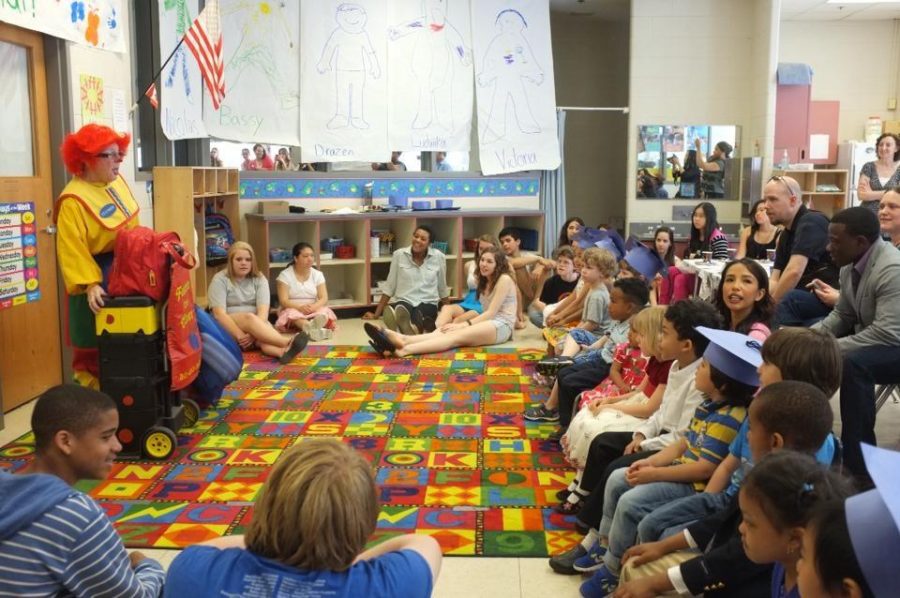



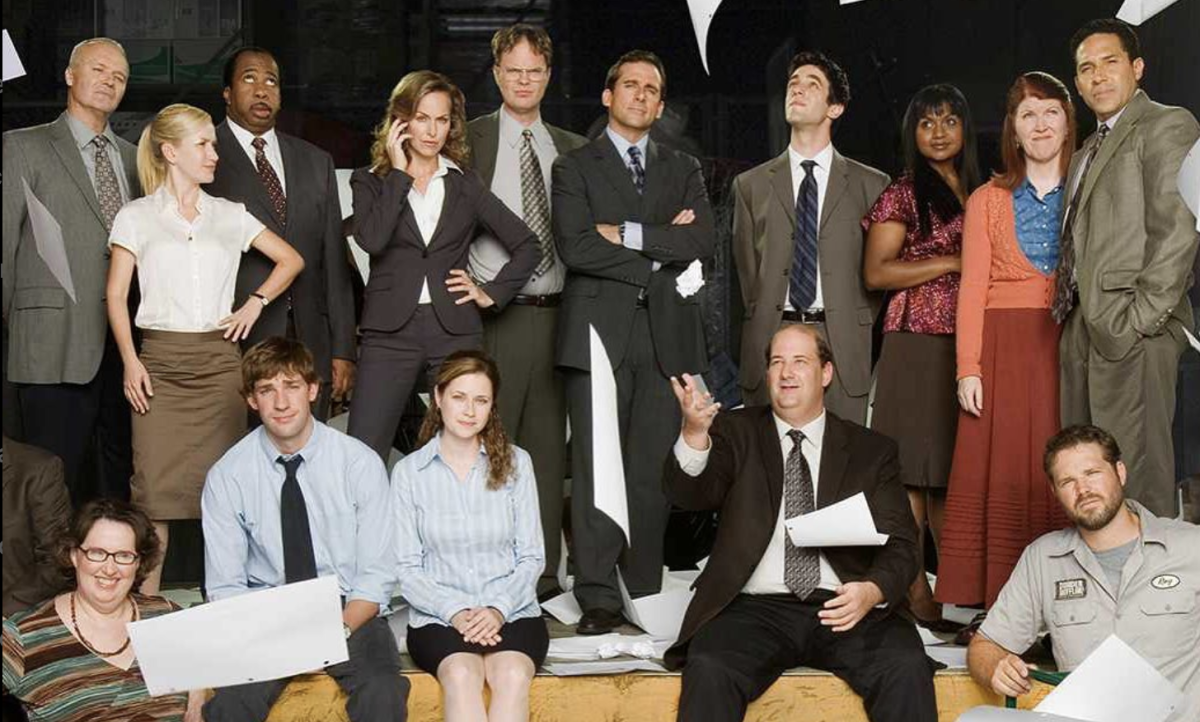

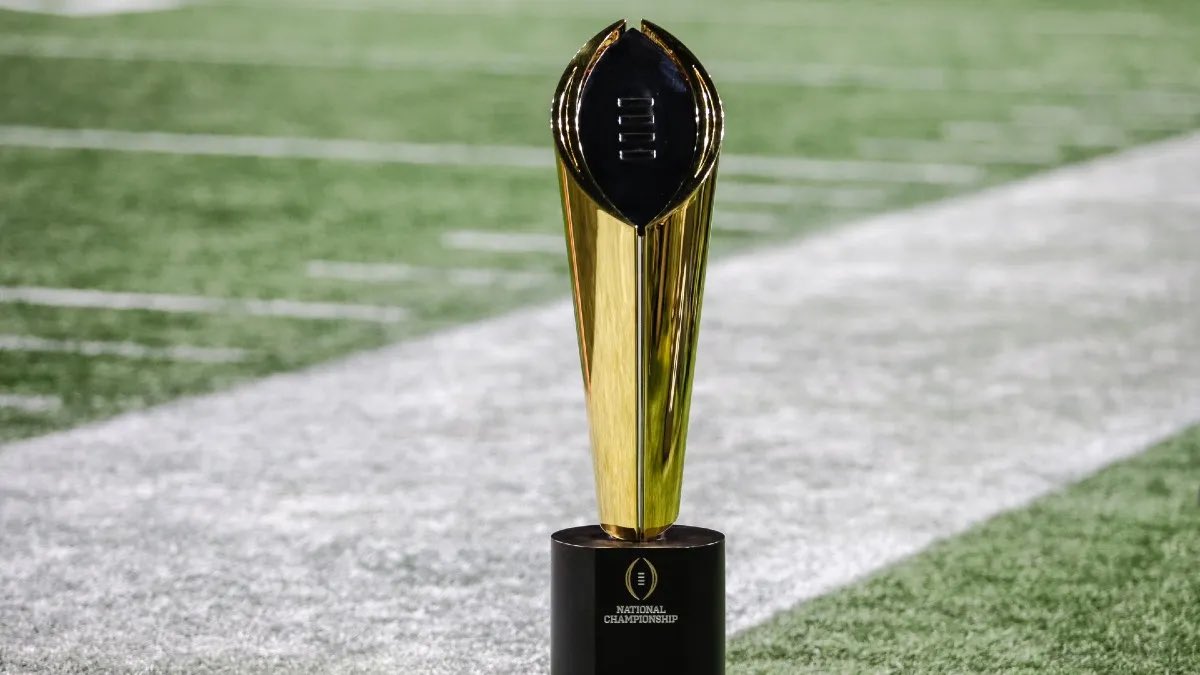
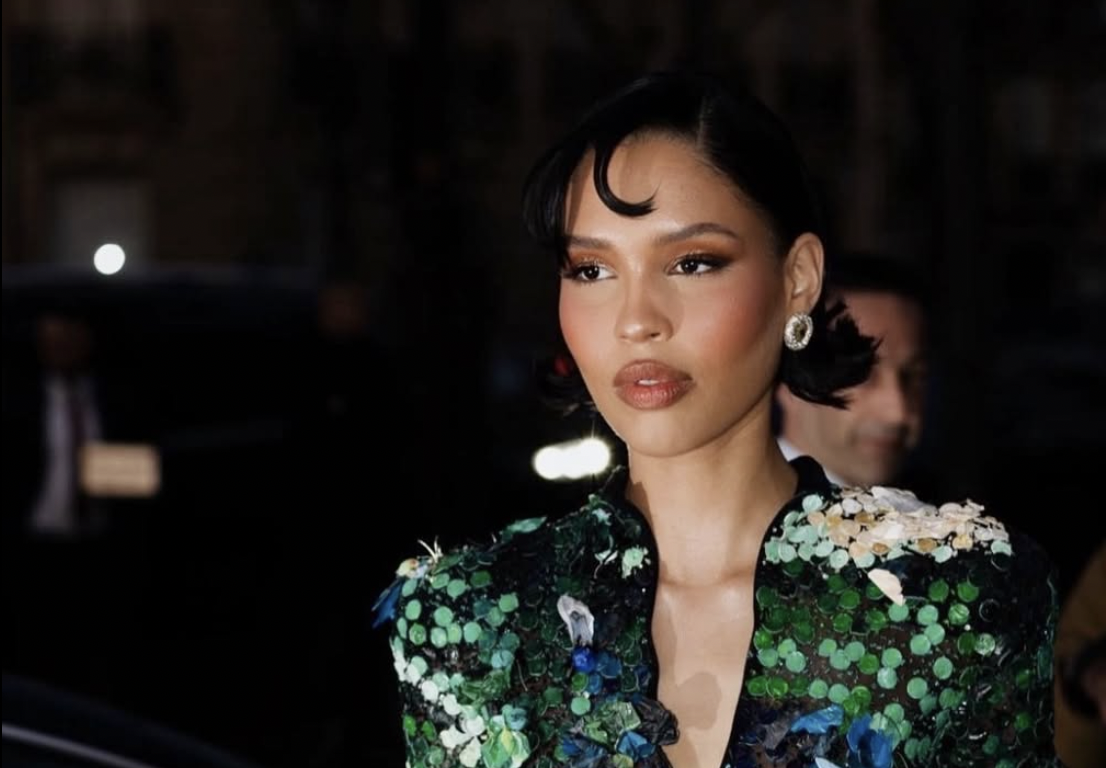
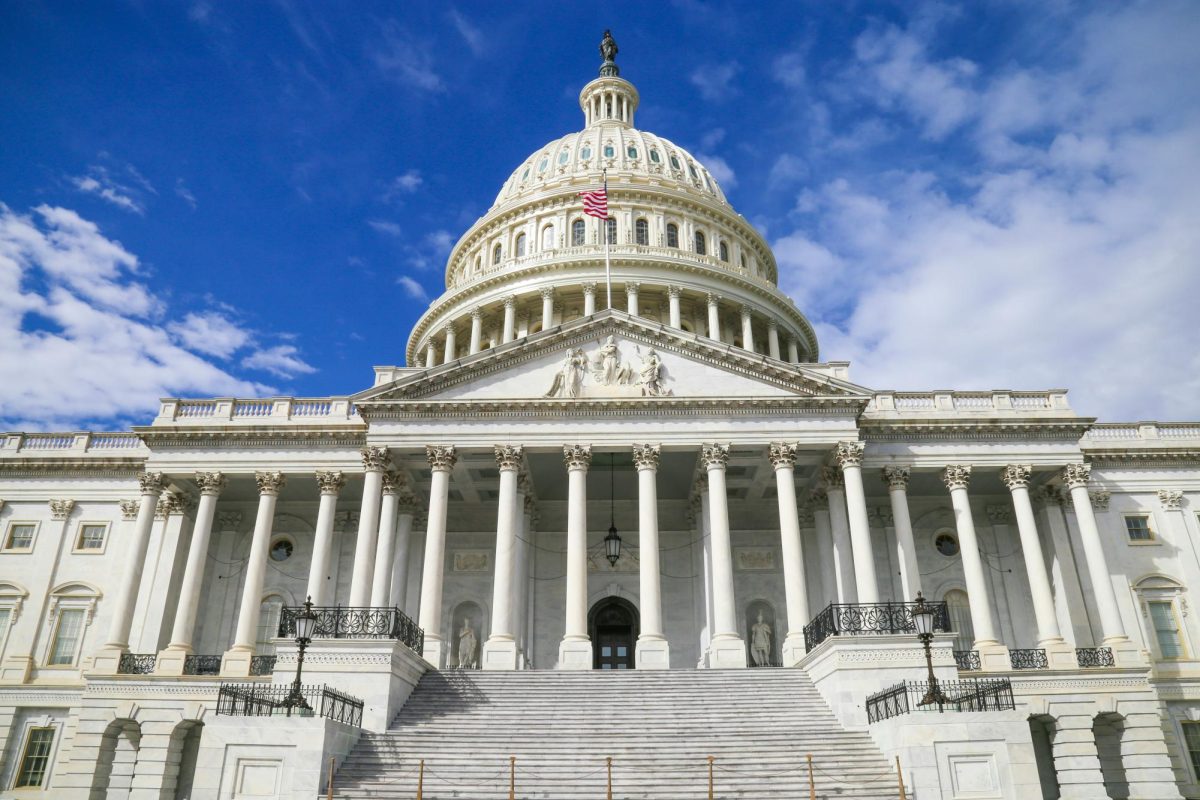

xnjx • May 29, 2016 at 6:53 am
Or maybe his message is resonating than the conventional moral majority arguments of the old right and the “what difference does it make?” Liberal elite.